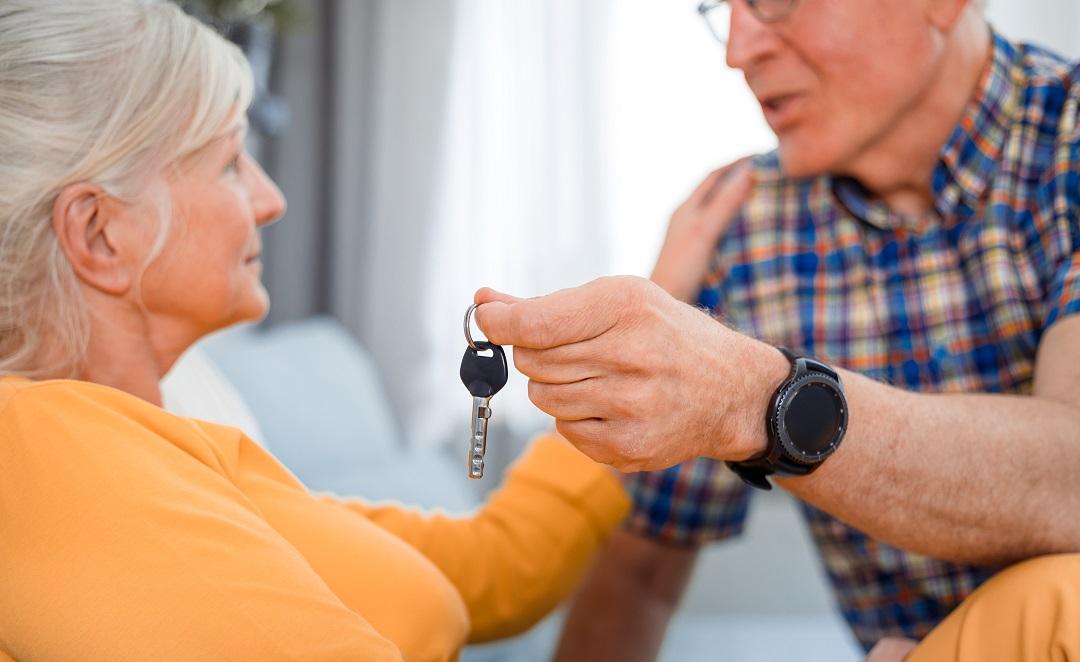Older Adult Mental Health Week
1 – 10 October is Older Adult Mental Health Week and time to increase awareness about depression in older Australians and how depression can affect dementia risk.

Depression in older adults
An estimated 10-15% of Australians over 65 years will experience depression and this increases to 35-50% for older adults living in residential aged care. Depression in older adults is often overlooked or misdiagnosed, as symptoms can be mistaken for “normal ageing” or confused with other medical conditions.
Older adults face unique challenges that can contribute to depression, including bereavement, social isolation, declining physical health, and chronic medical conditions. Major life transitions such as retirement, the death of a spouse, or moving into aged care facilities can trigger depression.
Symptoms of depression
Common symptoms of depression in older adults include:
- Persistent sad, anxious, or flat mood
- Feelings of hopelessness, guilt, worthlessness, or helplessness
- Irritability, restlessness, or having trouble sitting still
- Loss of interest in once pleasurable activities
- Decreased energy or fatigue
- Moving or talking more slowly
- Difficulty concentrating, remembering, or making decisions
- Difficulty sleeping, waking up too early in the morning, or oversleeping
- Eating more or less than usual, usually with unplanned weight gain or loss
- Thoughts of death or suicide, or suicide attempts.
If you have several of these symptoms and they have last for more than two weeks, talk with your doctor.
Treatment for depression
Depression is readily treatable and there are several ways you can manage the condition. Psychotherapy or ‘talking therapy’ is often very effective. There are a range of antidepressant medications. There are other things you can do including increasing physical activity – especially getting outdoors, improving your diet to include fresh veggies and fruit, and socialising with other people. The most effective approach uses a combination of treatments tailored to the individual’s needs and circumstances.
Depression and dementia
Research shows depression is both a risk factor for and a potential early symptom of dementia.
Depression is a common symptom of vascular dementia. People with vascular dementia often experience mood changes, such as depression, anxiety or apathy.
Several studies have demonstrated that older adults with a history of depression are at an increased risk of developing dementia later in life. Further, depression can prevent people from engaging in activities that improve brain health and reduce dementia risk, including physical exercise, social interaction, and cognitive stimulation.
If you, or someone you care about, is experiencing symptoms of depression, it is important to seek help from a GP and get early treatment and support.
Get support
- Talk to your GP about how you’re feeling. They can assess your mood and give you a Mental Health Treatment Plan if needed. A mental health plan means you can get up to 10 subsidised visits to see a psychologist or social worker each year.
- Find a psychologist (ideally with experience working with older people). Note that this service may not be subsidised unless you have a Mental Health Treatment Plan (see above). Sometimes private health insurance covers some of the costs.
- If you are experiencing relationship conflict with a loved one, use Relationships Australia. They have Senior Relationship Services counsellors and mediators trained in elder mediation and counselling with specific skills in delivering services to people experiencing conflict about ageing-related issues.
- BeyondBlue have useful resources for older people on managing mood.
- Dementia Australia offer free, confidential, professional counselling for individuals, families, couples and professional carers at all stages of a dementia journey. To access this service call the National Dementia Helpline on free call 1800 100 500.


